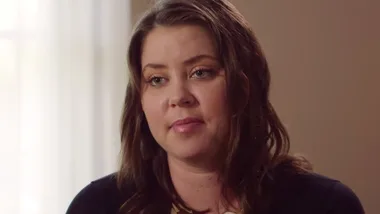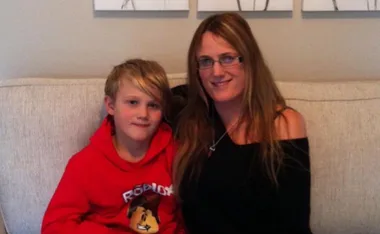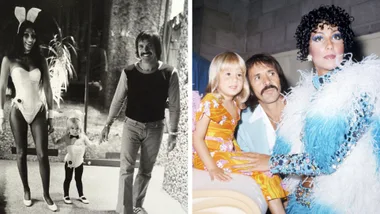Don’t focus solely on potions and pills when a loved one falls ill. There’s a different kind of medicine that’s freely available to all and just as important as any prescription.
It’s hard to stand by and watch when someone gets sick. You want to help, to make the illness go away. It’s easy to feel helpless, especially if you’re not a doctor or miracle worker. But love and support are just as important for someone coping with illness, so provide plenty of that and you’ll help more than you realise.
Listen:
“This is so important,” says Jane Gillespie, counsellor, breast-cancer survivor and author of Journey to Me. “People need to tell their stories as a way of coming to terms with changes in their life. You may hear the same story again and again, but be patient. Telling stories is part of emotional healing.”
Don’t judge:
“Try not to pass judgement or offer advice if you’re not asked for it,” says Christine Lister, who lost her husband to melanoma four years ago and wrote a book about their experience, The Hidden Journey: Melanoma up close and personal. If someone tells you their problems it’s easy to think they want you to fix them, but often they just need to unload.
Get close:
If someone puts a brave face on, try to get beneath that tough exterior. “Have the courage to get up close and personal, to feel their pain, their doubts, their fears, their vulnerabilities,” Lister says. Let them know they’re not alone and they are allowed to feel afraid. But if they don’t want to talk, be happy to sit quietly and keep them company.
Be happy:
“Smile, laugh, sing, tell jokes, celebrate special events like birthdays,” Gillespie says. “Fill the room with signs of joy and life.” A positive attitude is catching and, if you team it with news of the outside world and future plans, you give someone something to focus on besides their illness.
Feel:
“Let your instincts guide you when you’re caring for someone,” Gillespie says . “There is no perfect way to care. Perfection isn’t the goal — love is.” Every person is different, and what is right for one might be wrong for another. Feel your way each day and work out what is best.
Ask:
“Don’t guess what is helpful to others,” Gillespie says . “Ask what would be of most benefit to them right now. Their needs may change from moment to moment, from day to day. Be flexible and open.” And don’t try to make a person’s decisions for them. Just because someone is physically frail it doesn’t mean they can’t think for themselves.
Get physical:
Never underestimate the power of touch. “A well-timed hug, a light touch on the arm or shoulder, or even a gentle massage can provide support and connection,” Gillespie says . And it goes even further than that. Studies from the Touch Research Institute at the University of Miami have shown that simply being held can lower stress levels, while massage can boost immunity.
Remind:
Make sure the patient knows they are valued. Too often they feel useless or like a burden. Thank them for everything they’ve done for you, and be specific. Recalling particular moments will help them see you’re being sincere about how they’ve helped you, and not just trying to make them feel better.
Be there:
Unless they’re contagious, don’t avoid someone who is ill — be the friend you always have been. If you’d usually go for dinner together, cook their favourite dish and take it round instead. If you’d usually catch up over the weekly shop, do their shopping for them, and then chat while you unpack it.
Get practical
Illness takes away a person’s health, but not the chores of daily life. Can you look after the kids, provide a lift to the doctor, clean the house, and do the laundry, water the plants? Taking care of the little things leaves them free to focus on feeling better.






















.png?resize=380%2C285)
.jpg?resize=380%2C285)































